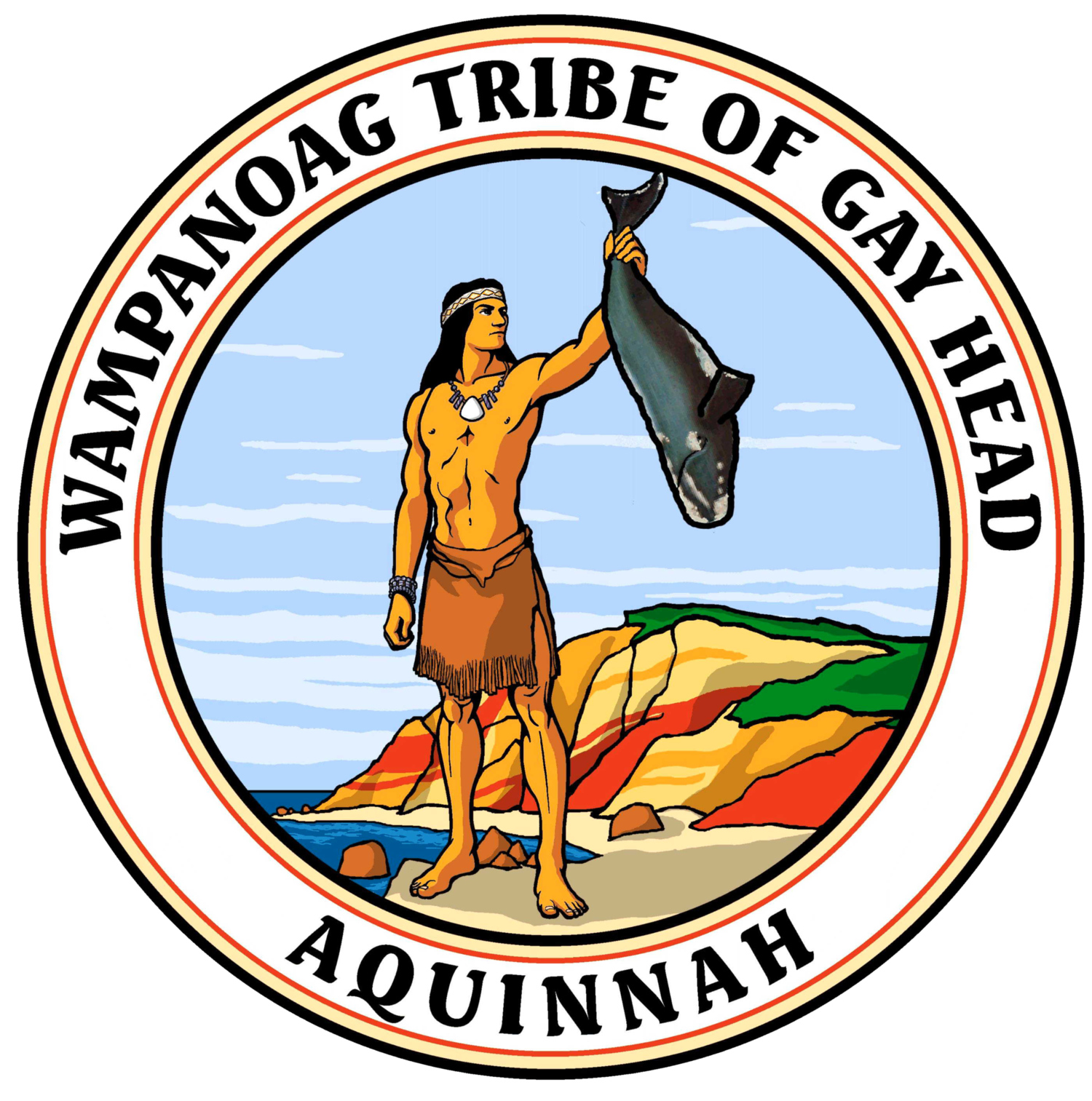
Wildlife Management
The Tribe’s connection with the natural world is critical to Tribal culture. With a sound understanding of wildlife biology, the Department ensures sound decisions in wildlife management.
bay scallop restoration
Over the past few years, the Natural Resources Department of the Wampanoag Tribe, with funding from the U.S. Fish & Wildlife Service, has developed a successful program to restore the commercially and culturally important Bay Scallop in Menemsha Pond.
winter flounder enhancement
Winter flounder, once a commercially and culturally important fish stock in Menemsha Pond, has declined significantly in recent years. Under current fishing regulations, it is likely that winter flounder stocks will be unable to rebound to sustainable levels, making it an excellent candidate species for stock enhancement.
herring creek
The Wampanoag Tribe manages a natural herring run located on Tribal lands. In the early spring, sexually mature Alewife (Alosa pseudoharengus) will travel from the Atlantic Ocean into Menemsha Pond, pass through the herring run, and end in Squibnocket Pond where they will eventually spawn.
wildlife
The Tribal Lands on Martha's Vineyard offer an amazing diversity of wildlife.
marine mammal stranding network
Department staff are trained as responders as part of NOAA’s Greater Atlantic Region Marine Mammal Stranding Network. When there is a local report of a stranded, entangled, or injured marine mammal or sea turtle, we respond with personnel and equipment to assist as needed.
If You See a Stranded, Distressed, or Dead Marine Mammal, contact NOAA's stranding hotline: (866) 755-6622 which will direct you to the stranding response team in your area.






